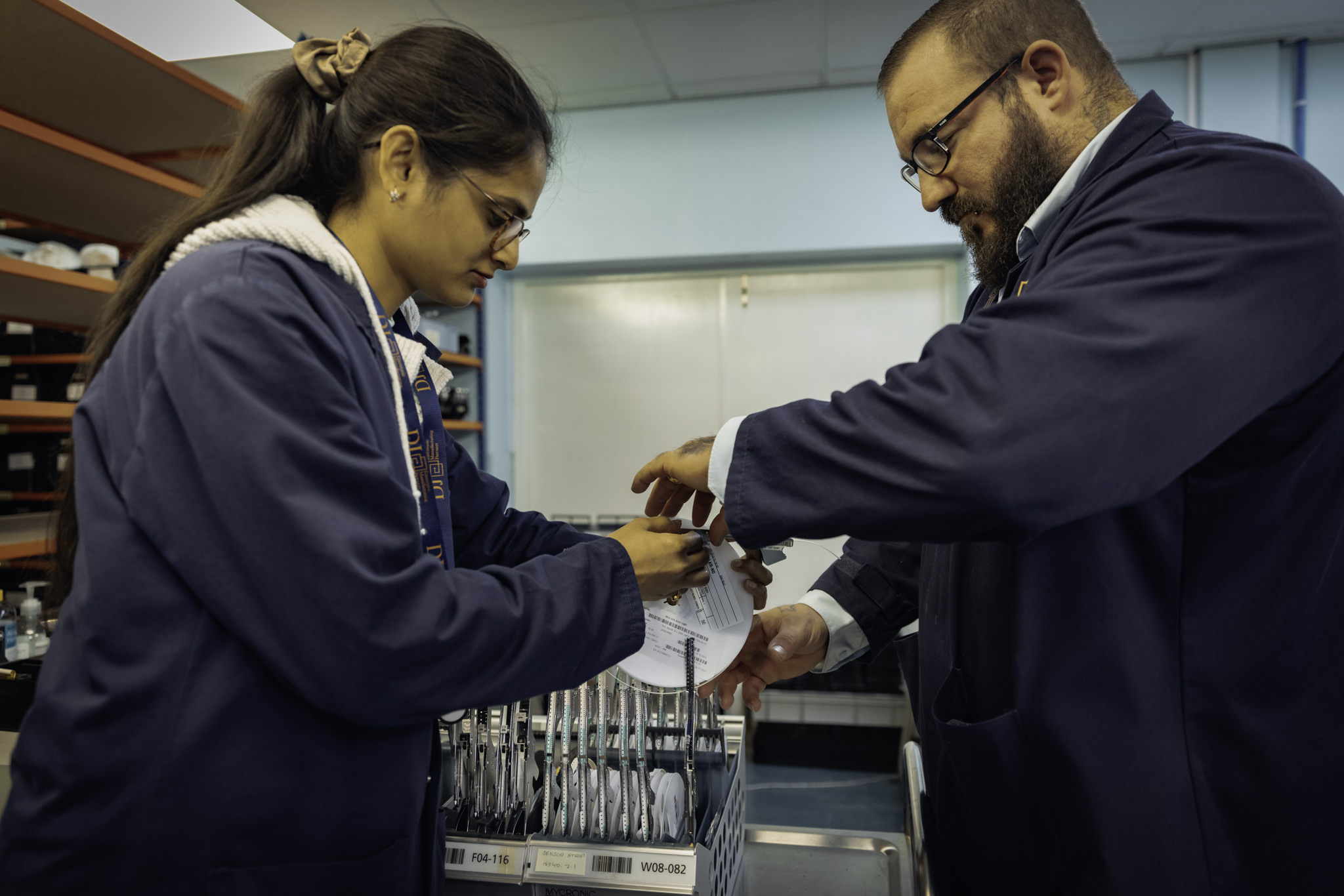
Net Zero and regulations
The United Kingdom has committed to reducing its carbon emissions to net zero by 2050, which means that the amount of carbon dioxide produced will be the same as, or less than, the amount of carbon dioxide that’s removed. Effectively, no further carbon dioxide will be added to our atmosphere. To support this, the Government has committed to reducing carbon emissions by 78% by 2035, and to decarbonise our power system by the same year.
In York and North Yorkshire, the Routemap to Carbon Negative sets out the region’s ambitious plans to be net zero carbon by 2034 and carbon negative by 2040. The
These ambitious goals is part of a broader international effort to combat climate change and transition to a more sustainable and environmentally responsible society. While the net zero target represents a significant stride toward a greener future, it also has substantial implications for businesses operating in the UK, though our understanding of what this means in practice is still evolving as the national and local policies are being developed.
As public awareness, coverage and understanding of net zero grows, you might worry that you have missed important policy changes, but much of the regulation that will help the UK achieve net zero has actually been in place for some time, and is achievable for many businesses – you may already be doing it! On this page, we’ll look at the some of the changes to be aware of when planning for your business’ future.

Financial implications
Net zero will have financial implications for businesses. While transitioning to sustainable practices can involve costs, there are also financial incentives available for businesses that invest in green technologies and meet carbon reduction targets. Making the change will also save money by reducing energy usage in the future, and consumers are increasingly looking for products and services that can show their commitment to sustainability.
Stricter carbon emission limits
One of the most immediate impacts of net zero regulations on UK businesses is the introduction of stricter carbon emission limits. Companies will be required to significantly reduce their carbon footprint as part of our overall effort to reduce emissions, making it essential for industries with high emissions, such as energy, transportation, and manufacturing, to adapt their practices and invest in cleaner technologies. Conducting a sustainability audit will help you identify where you may be generating the most emissions in your business, and where you can make a difference, such as through implementing energy-saving measures in your premises or switching to a green energy tariff.
Increased reporting requirements
Businesses will face more rigorous compliance and reporting requirements under net zero regulations. Currently, large companies (defined as quotes companies, or companies with either a turnover of £36 million or more, a balance sheet of £18 million or more; or 250 employees or more) must monitor and report their carbon emissions through the Streamlined Energy and Carbon Reporting (SECR) scheme. Though there is currently no requirement for SMEs to do the same, they may be asked to share their emissions if they are part of a larger company’s supply chain. It will also be a useful exercise to help identify savings, gain a competitive advantage, demonstrate their sustainability commitment, and potentially access sustainability-related funding. You may want to look into how you collect your energy data – this report from Edie examines how to optimise your data collection through a cost-effective metering and data collection solution.
Transition to clean energy
The push for net zero requires a transition to cleaner and more sustainable energy sources. Businesses must consider investing in renewable energy, energy-efficient technologies such as electric vehicles (particularly with sales of new petrol and diesel cars to be ended up 2030), new heating systems (businesses can apply for boiler upgrades), and green infrastructure. This shift can lead to increased upfront costs but will save money in the longer-term and is essential to reduce your carbon footprint and energy consumption. There is funding available to support this switch, Ofgem have a list of advice and links to energy efficiency grants and schemes.
Supply chain
As part of net-zero strategies, businesses will need to scrutinise their supply chains to ensure they meet sustainable criteria. This means assessing the environmental impact of suppliers and making changes to align with responsible sourcing practices. Warwick Business School has written a longer introductory guide on reducing your supply chain’s carbon footprint, and you can also read our guide on reducing waste in your supply chain.
The impact of net zero on UK businesses is profound and far-reaching. While it presents challenges and changes, it also create opportunities for innovation, market differentiation, and long-term sustainability. Businesses that proactively adapt to these regulations by reducing carbon emissions, adopting cleaner technologies, and aligning with responsible sourcing practices can not only meet regulatory requirements but also position themselves as leaders in a greener, more sustainable future.

Learn more
Check out our net zero toolkit for businesses
Find out what being a sustainable business means
See the latest regional developments in the York and North Yorkshire Net Zero Hub
£1.9 million to be invested in making York and North Yorkshire businesses more sustainable
Mayor of York and North Yorkshire, David Skaith is investing £1.9m of UKSPF funds to help decarbonise businesses in the region.
Innovating Sustainable Christmas Trees with Growth Hub Support
Founder of Festive Green, a start-up which creates sustainable artificial Christmas trees, received support from the Growth Hub through a range of hands-on programmes designed to give start-ups a step up.
Making Values Pay: Sustainability and Staff Engagement
What is the real value to sustainability to an organisation? Is it something to pursue or a waste of money? In this article we explore the benefits and risks of getting to grips with sustainability.
Making Values Pay: Webinar Series
Join us for our latest online workshop series Making Values Pay to see how embracing purpose-driven practices can help your business thrive. Explore how embedding good business practices can help you win work, tell your story, and build an engaged workforce.
Swinton Estate Partners with York and North Yorkshire Growth Hub to Launch Environmental Action Programme 2025
Business owners throughout North Yorkshire will be supported in improving their green credentials thanks to a new partnership between Swinton Estate and the York and North Yorkshire Growth Hub, part of the York and North Yorkshire Combined Authority.
Sustainability Made Simple: How Jack Colding Helps Businesses Save Money and Thrive
Our sustainability specialist Jack Colding can help you with simple, sustainable ways to help your business save money and thrive.
From Grants to Growth: Securing Funding for Rural Business
Rural subsidies are complex – so we asked our rural business specialist Nick White to give us his top tips for getting the funding your business needs to succeed.
Growth Hub Welcomes New Business Advisors for North Yorkshire
We are delighted to announce the addition of three new team members who will play a crucial role in supporting local businesses and entrepreneurs as business advisors for North Yorkshire.
Business sustainability support available
This scheme of business sustainability support includes several options for small and medium businesses including grants and fully funded audits.
Harnessing Heat Recovery: Crimple's Path to Cost Savings and Sustainability
Crimple, a busy Bistro and Foodhall, aimed to reduce its environmental impact and lower its power consumption through heat recovery.
Ellis Patents' £400K Solar Power Investment Boosts Business
With a solar power investment totalling over £400,000, Ellis Patents has successfully installed 173 new solar panels at its headquarters.
Knowing what to say: the Green Claims Code and ‘sustainable’ business
Claiming your business, product or service is sustainable is a big win, but it's important to make sure you're saying the right thing. The Green Claims Code can help you talk about your net zero credentials with six key elements.
Glossary of Climate Change Terms for Businesses
A free digital glossary defining the key climate change terms relevant to businesses, to help you understand and engage with sustainability resources and support.
Net-Zero Business Toolkit
The Net-Zero Business Toolkit aims to make sustainability simple and is suitable for businesses of any sector or size. Download the toolkit today to get started or continue with your net-zero journey.
6 benefits to business - download all guides
Download all of our free guides on how to be more sustainable in your business and start benefiting from the circular economy.
How to build business resilience
The global COVID-19 pandemic and other threats such as the EU exit, are forcing us to think about business resilience.
How to create products with purpose
Consumer demand for quality products that last is at an all time high and purpose is becoming an important part of many businesses.
How to be a standout brand
Consumers are increasingly looking for brands which have sustainability at their core.
How to increase efficiency and productivity
Limiting the natural resources we use and making the most of existing ones is a cornerstone of the circular economy.
How to reduce waste costs
The cost of disposing of waste is increasing and regulations around disposal are tightening. Read our guide on how to reduce these.
How to reduce energy costs and cut emissions
One of the quickest and easiest ways to take a step towards a circular economy model is to reduce the energy you use.





















